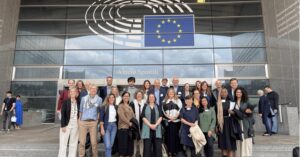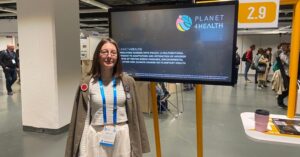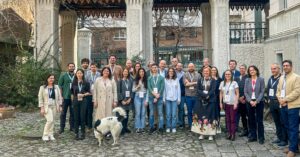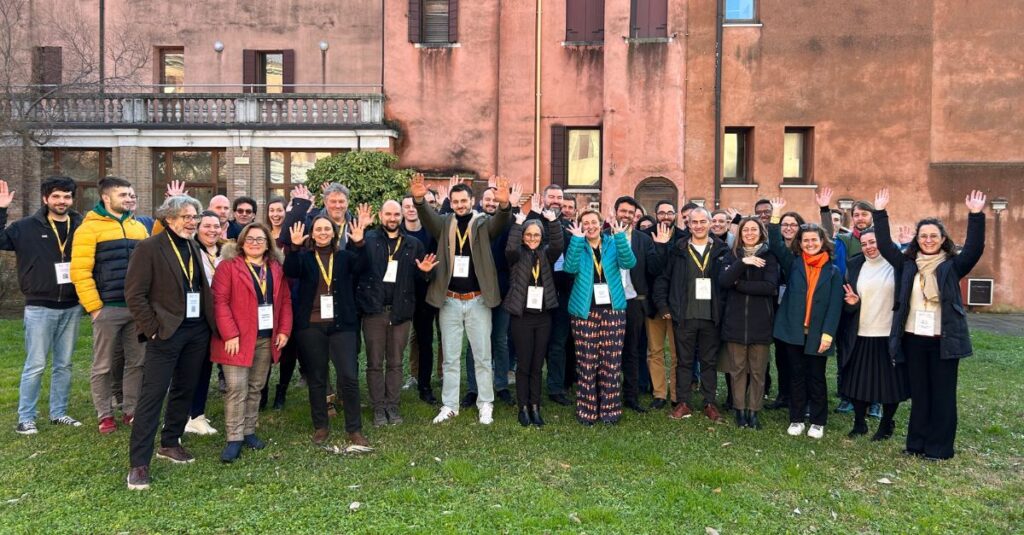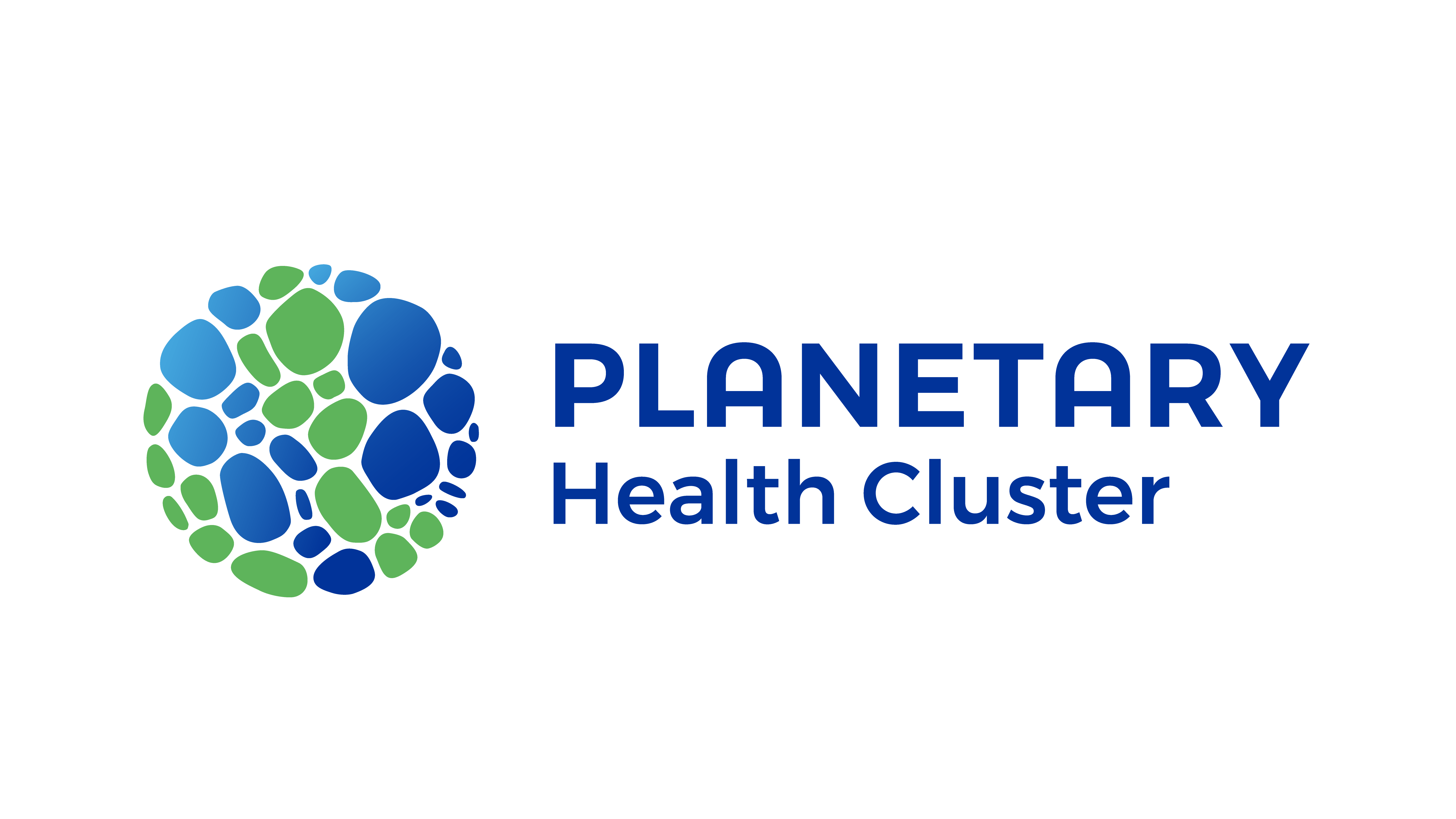During 2024 PLANET4HEALTH project made significant progress in addressing the
environmental impacts on human, animal, and ecosystem health. With important
milestones achieved, there is much to look forward to as the project continues into 2025.
Stakeholder Engagement Workshops: Progress Across Case Studies
Three impactful workshops were held, each focused on the development of innovative
tools designed to address critical environmental health challenges:
- Workshop Case Study 1: Vector-Borne Diseases in the Iberian Peninsula
This workshop centered around creating an Early Warning System aimed at tackling vector-borne diseases in the Iberian Peninsula.
Learn More - Case Study 2: Air Pollution and Health in South Africa
This workshop
addressed one of the most pressing challenges of air pollution and its impact on public health in South Africa. The focus was on ensuring the adoption and effective use of tools designed to protect communities from the harmful effects of air pollution.
Learn More - Workshop Case Study 3: Food Safety in Central Europe
The session focused
on the role of PFAS contaminants in food safety, underscoring the need for an Early Reporting System to track PFAS and other pollutants in Central Europe. This initiative is crucial for supporting policymakers in mitigating chemical pollution.
Learn More
Advancing Knowledge on Planetary Health
PLANET4HEALTH released two important scientific publications that deepen
understanding of critical Planetary Health issues:
- “Analysis of the Dependence of Urban Air Pollution on Meteorological and
Anthropogenic Drivers” Published by partners from the Institute for Medical
Research (IMR), this paper explores the interaction between meteorological
factors and human-made pollution in Montenegro and Serbia. It highlights how
PM concentration extremes and pollutants like SO2 and NO2 contribute to urban
air pollution.
Read the publication - “Leishmaniasis in Humans and Animals: A One Health Approach for Surveillance, Prevention, and Control in a Changing World” Published by
Universidade Nova de Lisboa, this paper examines the growing threat of leishmaniasis driven by climate change and emphasises the importance of a One
Health approach.
Read the publication
Project Presentations & Media Coverage
PLANET4HEALTH continues to raise awareness and foster collaboration through key
presentations and media coverage:
- Carla Maia from Universidade Nova de Lisboa presented a poster at the NOVA
Health Chronic Disease and Infection Conference, discussing the impacts of
climate change on vector-borne diseases such as leishmaniasis.
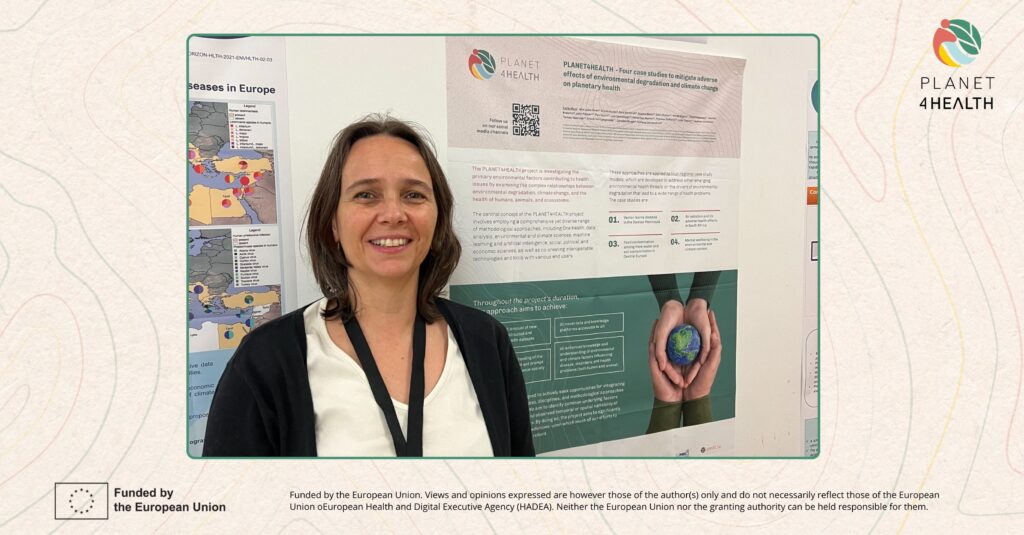
- Dr. Suzana Blesic, project co-coordinator from the Institute for
Medical Research, participated in a Klima101 interview, discussing the rising
threat of leishmaniasis in the Balkans due to climate change.
Watch the Interview
(Disclaimer: The interview is in Serbian)
Global Contributions: Shaping Climate Policy
The COP29 Special Report on Climate Change and Health – Health is the argument for climate action – was launched at COP29 in Baku, with contributions from project partners Carla Maia and Suzana Blesic. Their contributions were acknowledged in the final version of the report, demonstrating the project’s global collaboration and impact.
Read the full report
Watch a video summary
Looking Ahead: A New Year of Impact
Having successfully completed its first year, the PLANET4HEALTH project continues its commitment to addressing environmental health challenges. In 2025, the project will build on its progress, offering even greater opportunities for collaboration, innovation, and meaningful impact as it moves toward its objectives.
